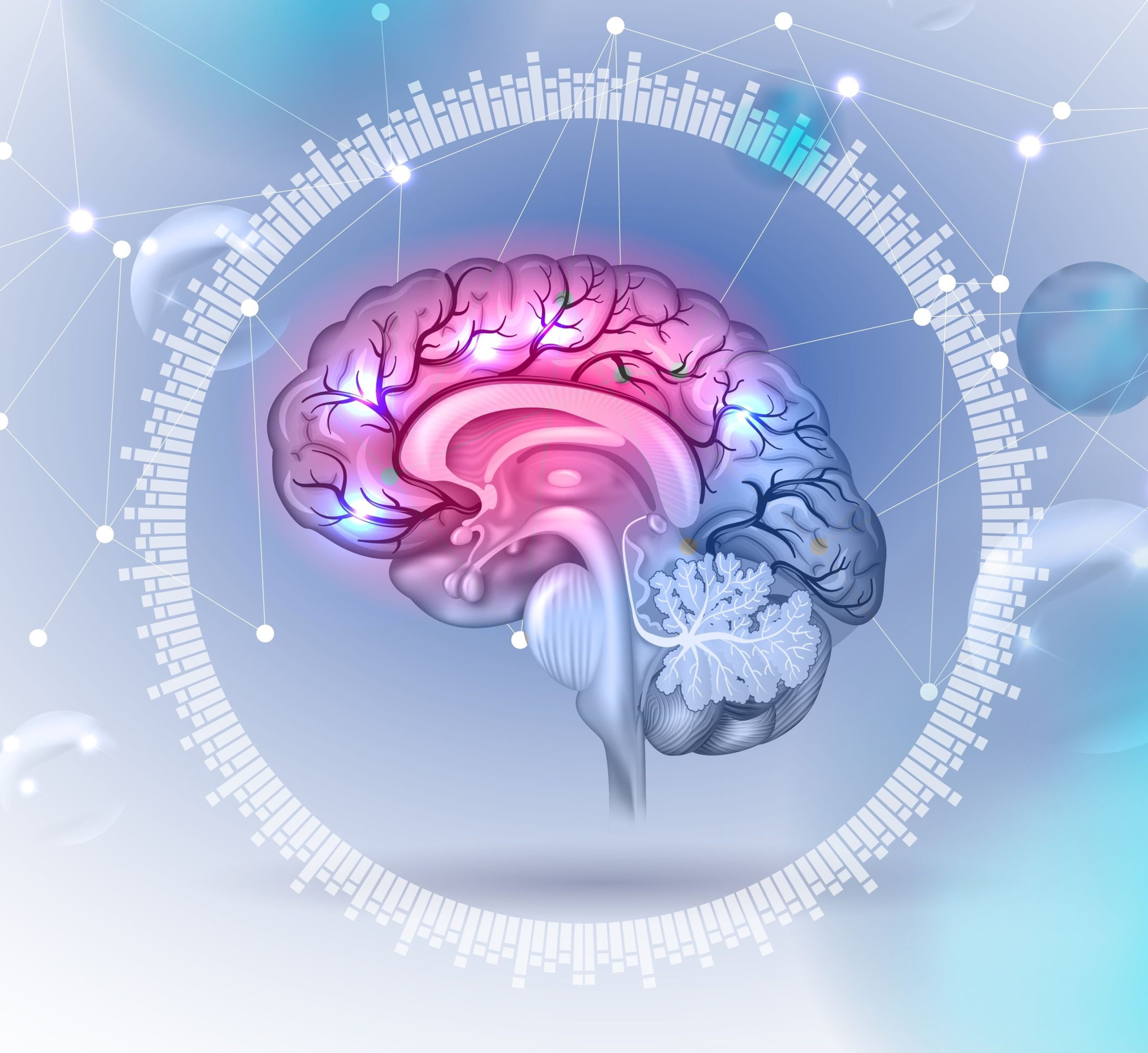The Pituitary Gland
The pituitary gland is located at the base of the brain, attached to the hypothalamus, which controls its function and is approximately the size of a pea. Known as the master gland, it produces hormones that control other glands, and has a role in many body functions. The pituitary gland is divided into an anterior lobe and posterior lobe. The anterior lobe is the front portion of the pituitary and hormones secreted by it affect growth, sexual development, skin pigmentation, thyroid function, and adrenocortical function. The posterior pituitary is the back portion of the pituitary, and it secretes the hormone oxytocin which increases uterine contractions and antidiuretic hormone (ADH) which increases reabsorption of water by the tubules of the kidney.
Hypopituitarism
Hypopituitarism is a condition in which the pituitary gland does not produce normal amounts of some or all of its hormones. This can be caused by disorders involving the pituitary gland, hypothalamus, or surrounding structures. Panhypopituitarism is a term that refers to hypopituitarism involving all of the pituitary hormones, however, only one or more pituitary hormones are often involved, resulting in isolated or partial hypopituitarism. Causes of hypopituitarism are outlined in the table below.
| Condition | Description |
| Tumours | The most common cause of hypopituitarism is pituitary adenomas, which are benign, slow growing tumours that arise from the pituitary gland cells. The pituitary adenomas may be hormone producing and cause excessive amounts of pituitary hormones in the blood or non hormone producing but large enough to compress the pituitary gland and suppress hormone production leading to a lack of pituitary hormones in the blood. Around one in five people have a pituitary adenoma and in most cases, they do not cause any problems. Malignant tumours of the pituitary gland can also cause hypopituitarism, however they are very rare. Cancer of the pituitary is more likely to be caused by a tumour that has metastasised from another part of the body. |
| Hypothalamic disease | The hypothalamus releases hormones that stimulate or inhibit the secretion of pituitary hormones. Disorder or disease of the hypothalamus causes a deficiency or loss of these hormones leading to related problems in the body. |
Sources:
http://emedicine.medscape.com/article/122287-overview
http://familydoctor.org/familydoctor/en/diseases-conditions/hypopituitarism/symptoms.html

